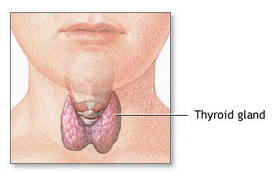 If you TPO ab and TG ab tests indicate Hashimoto's Thyroiditis. Hashi's is the most prevalent cause for diagnosed hypothyroidism. with Hashi's, the autoimmune system erroneously identifies the thyroid gland as foreign to the body, and produces antibodies to attack and eventually destroy the thyroid gland. As this is progressing, your TSH level rises, in response to the thyroid gland being unable to produce enough thyroid hormone. When the level of Free T3 falls low enough in its range, hypo symptoms begin to be noticed. Having already confirmed Hashi's, there really is no need to keep testing for the TPO and TG antibodies. What you do need to always test is Free T3 and Free T4. Also, since hypo patients are frequently too low in the ranges for Vitamin D, B12 and ferritin, those should be tested also. Further, you should not wait for 6 months for a return to the doctor. Thyroxine will reach over 90% of its final effect on your blood levels in about 4 weeks. Most doctors here request the patient to return in about 6-8 weeks for followup tests and then to adjust med dosage as necessary. A good thyroid doctor will treat a hypo patient clinically by testing and adjusting Free T3 and Free T4 as necessary to relieve symptoms, without being constrained by resultant TSH levels. You can get some good insight into clinical treatment from this letter written by a good thyroid doctor for patients that he sometimes consults with after initial tests and evaluation. The letter is then sent to the participating doctor of the patient to help guide treatment. In the letter, please note the statement, "the ultimate criterion for dose adjustment must always be the clinical response of the patient." Comments are closed.
|
Archives
May 2022
|
 RSS Feed
RSS Feed